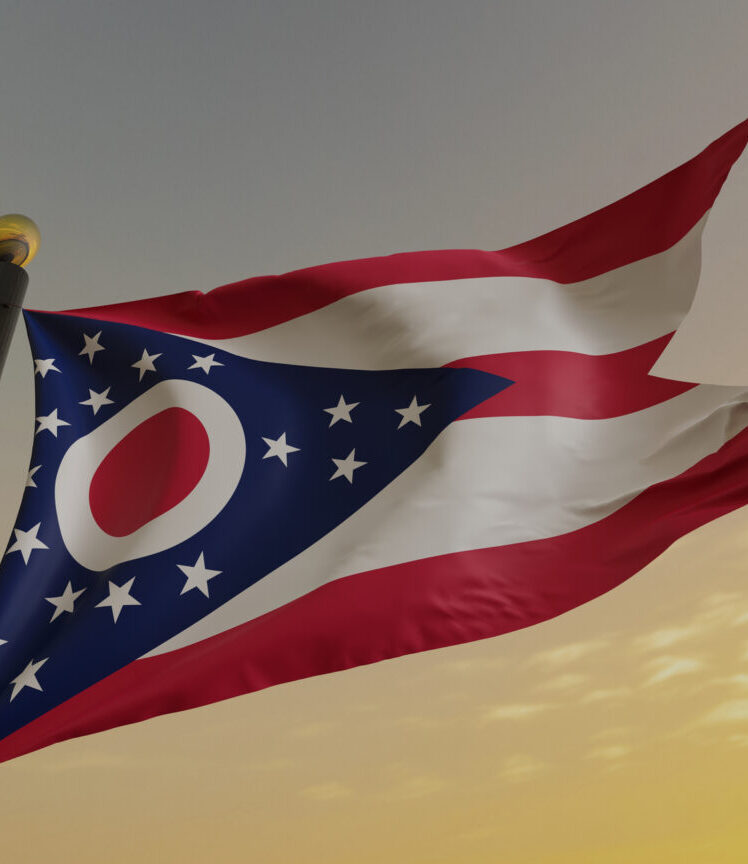State leaders urge gambling restraint
Ohio lawmakers are signaling a halt to further gambling expansion, echoing concerns from Governor Mike DeWine and House Speaker Matt Huffman that the state may have reached its limit after years of rapid growth in betting opportunities.
Speaking to reporters last week, House Speaker Matt Huffman said proposals to legalize online casinos and digital lottery games are unlikely to advance in the next legislative cycle. His comments reflect a broader hesitation among state leaders to extend gambling access beyond sports betting, which launched statewide less than two years ago. “At some point, there is a saturation point — there’s a group of people who don’t gamble, there’s a group of people who do, maybe some people participate in different ways,” Huffman said, according to the Statehouse News Bureau.
| Issue | Current status | Key quote | Implication |
|---|---|---|---|
| iGaming / iLottery | Bills considered but unlikely to pass this year | “At some point, there is a saturation point…” — Matt Huffman | Expansion paused; lawmakers focused on regulation and monitoring |
Caution After Rapid Expansion
Ohio’s gambling landscape has expanded significantly since 2021, when DeWine signed a bill legalizing online sports betting. The market opened in January 2023, quickly becoming one of the most active in the country. Within months, the state doubled its tax rate on sportsbooks from 10% to 20% at DeWine’s urging.
Despite that growth, DeWine has consistently opposed legalizing online casino gambling, warning that constant mobile access to casino-style games could worsen addiction rates. “To put a casino in everybody’s hands 24/7 is probably not a great idea,” DeWine said earlier this year. “It will cause more pain and suffering in regard to gaming addiction, so I’m just not for it.”
DeWine, whose term runs through January 2027, and Huffman both argue that Ohio should evaluate the social effects of recent gambling expansions before adding new forms. Lawmakers briefly considered adding iGaming and iLottery language to this year’s state budget but ultimately dropped the proposals. Two separate iGaming bills introduced earlier in 2024 also failed to advance out of committee. Both bills would have created 11 online gaming licenses tied to the state’s existing casinos and racinos, mirroring Ohio’s sports betting structure. The proposals followed recommendations from a 2023 legislative study group that endorsed exploring iGaming “with caution and care.”
Senator Niraj Antani, who helped lead Ohio’s sports betting legalization, introduced one of the early iGaming bills before leaving office. He said at the time that his goal was to “start the conversation,” acknowledging that it would likely take years before online casinos gained serious traction in Columbus. Ohio remains surrounded by states that already permit iGaming — Michigan, Pennsylvania, and West Virginia — adding regional pressure for lawmakers to act. Nationwide, only seven states currently allow online casino gaming. Still, Huffman and DeWine’s remarks suggest that political momentum for legalization has stalled, at least for the near term. Lawmakers appear more focused on tightening existing regulations than expanding the market further.
Earlier this year, the Ohio Casino Control Commission issued cease-and-desist letters to Kalshi, Robinhood, and Crypto.com for offering sports event contracts, calling them unlicensed sports betting. The commission later warned licensed sportsbooks that hosting prediction markets could threaten their operating permits. This month, Kalshi sued the state, arguing that its products are regulated federally as commodities rather than gambling. The lawsuit adds to a growing national debate over how to classify prediction markets.
Ohio lawmakers are unlikely to advance online casino or iLottery legislation, aligning with Governor DeWine’s and Speaker Huffman’s concerns that the state’s gambling market has reached its limit.
Looking Ahead
For now, Ohio’s political leadership seems united in its view that gambling has grown enough — at least for the time being. DeWine’s and Huffman’s comments indicate that Ohio will likely take a wait-and-see approach as it monitors the social and economic effects of its booming sports betting industry. Any future discussion of iGaming, lawmakers say, will depend on how the current system holds up under public scrutiny and regulatory oversight.









